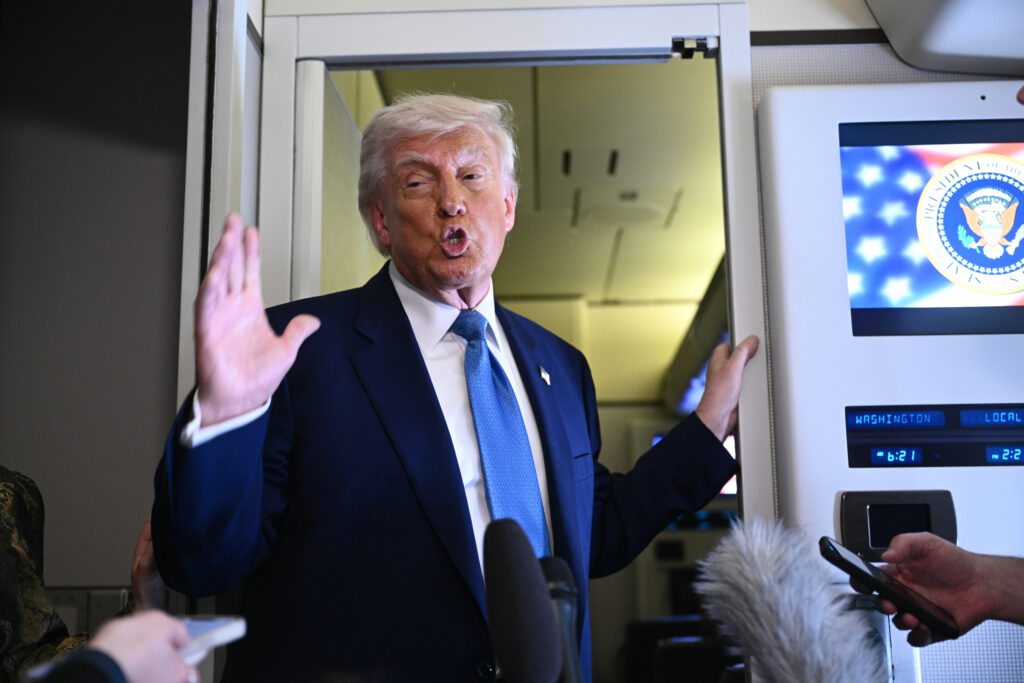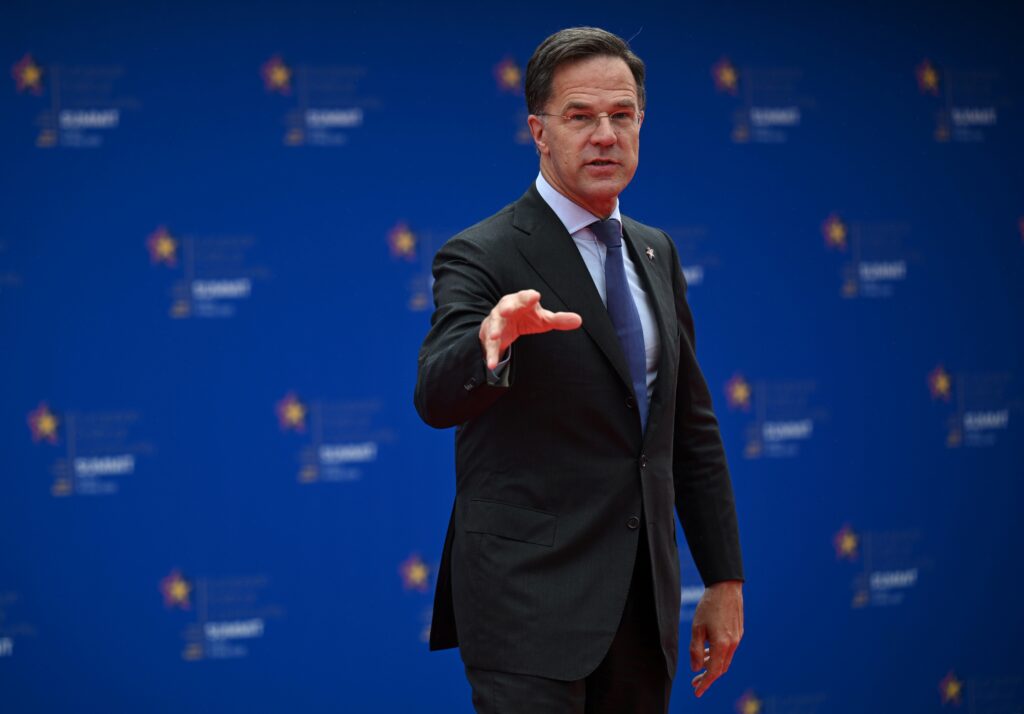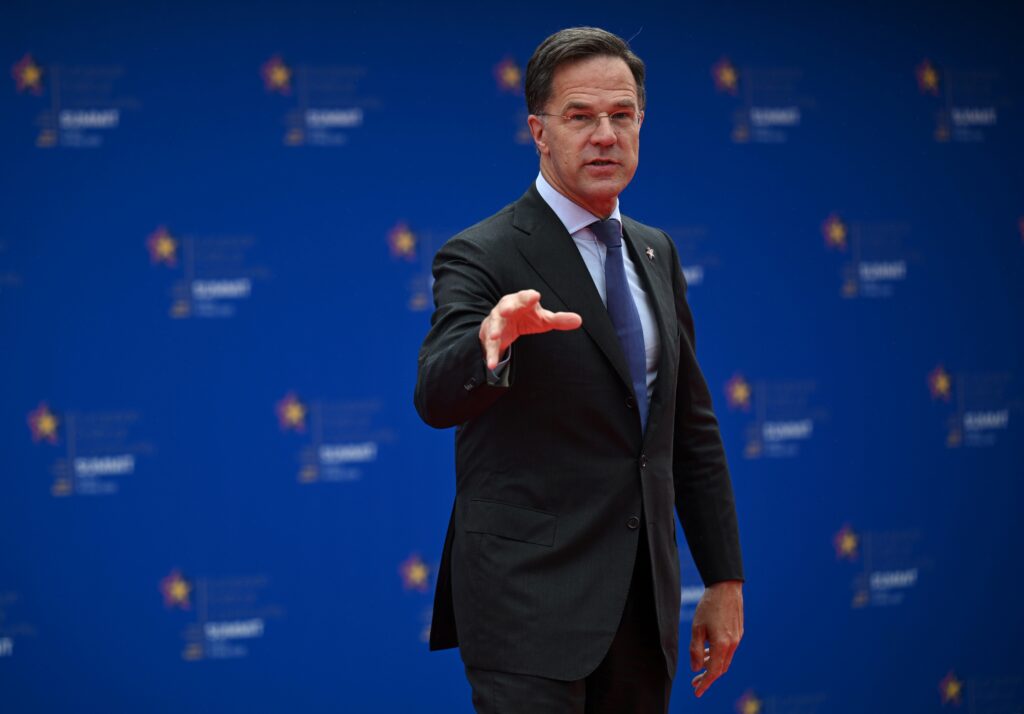World Press Photo suspends credit for ‘Napalm Girl’ picture
World Press Photo suspended on Friday the credit for who took one of the most iconic pictures in history, the Vietnam War image “Napalm Girl”, after doubts were raised over the photograph’s authorship.The organisation, which awards one of the world’s most prestigious photojournalism prizes, said it carried out its own investigation into the haunting 1972 photo — which shows a nine-year-old girl fleeing naked from a napalm strike — after the premiere of the film “The Stringer”.The documentary chronicles an investigation into rumours that the image, which helped change global perceptions of the US war in Vietnam, was taken by a little-known local freelancer, not the Associated Press (AP) staff photographer Nick Ut, who won a Pulitzer Prize for the photo.World Press Photo, which awarded its own Photo of the Year prize to Ut in 1973 for the black-and-white image — whose official title is “The Terror of War” — said the film had “prompted deep reflection” at the organisation.After investigating from January to May, it determined that “based on analysis of location, distance, and the camera used on that day”, two other photographers “may have been better positioned to take the photograph than Nick Ut”.”World Press Photo has suspended the attribution of ‘The Terror of War’ to Nick Ut, from today,” it said in a statement.The organisation named the two other photographers as Nguyen Thanh Nghe and Huynh Cong Phuc, both present for the infamous scene in the southern village of Trang Bang on June 8, 1972.In “The Stringer”, which premiered at the Sundance film festival in January, Nguyen told the documentary’s makers he was certain the photo was his.AP, which said earlier this month it would continue crediting the photo to Ut, said in a statement it stood by that decision.But it acknowledged its own investigation had raised “real questions that we may never be able to answer” about the picture’s authorship.”We have found that it is impossible to prove exactly what happened that day on the road or in the bureau over 50 years ago,” it said.Ut insisted the image was his in a February Facebook post, calling claims to the contrary “a slap in the face”.The girl in the picture, Kim Phuc, survived her injuries, and is today a Canadian citizen and outspoken advocate for child war victims.World Press Photo emphasised that the authenticity of the image itself was not in question.”It is without question that this photograph represents a real moment in history that continues to reverberate in Vietnam, the United States, and globally,” said executive director Joumana El Zein Khoury.







